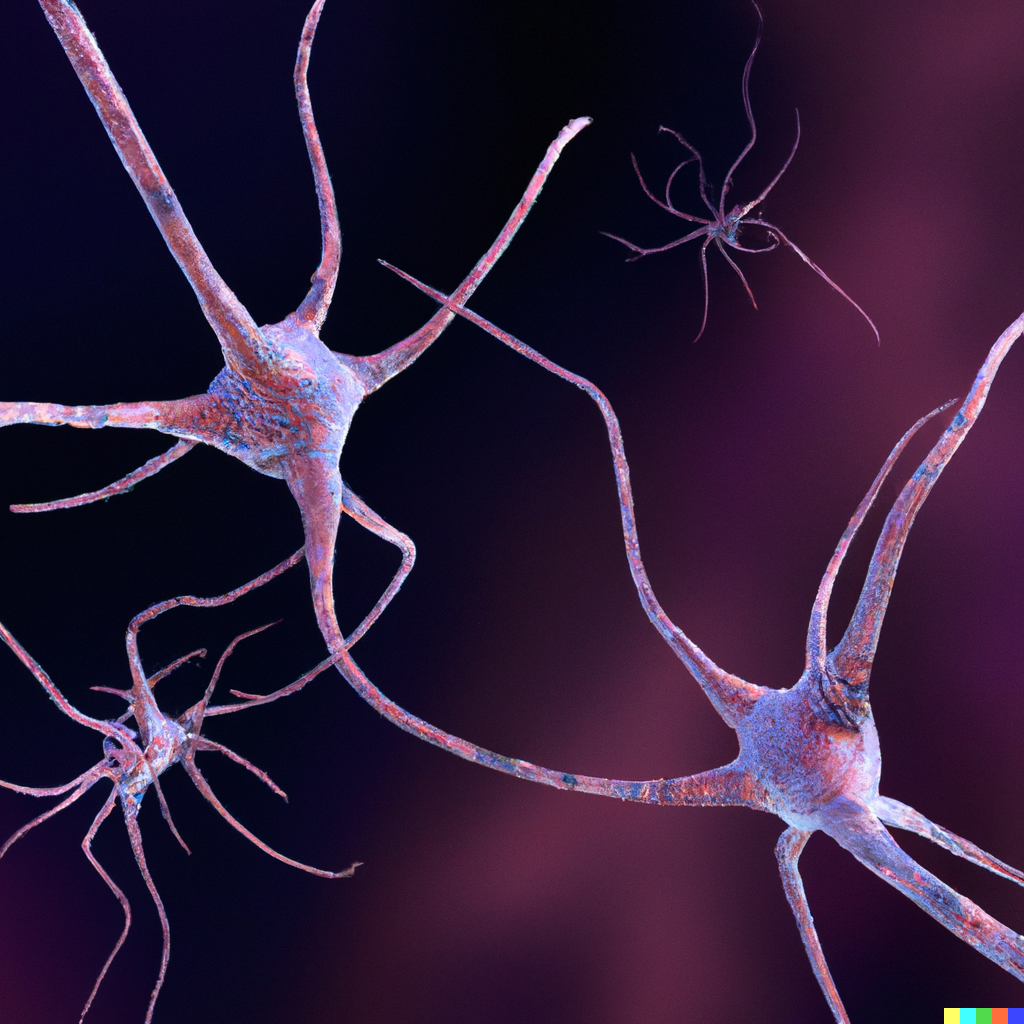How Continuous, Personalized Digital Health Coaching Is Setting New Standards in Brain Protection
Continuous, personalized digital health coaching is revolutionizing the way we protect our brains by integrating cutting-edge technologies like music therapy, brainwave entrainment, and artificial intelligence (AI). This innovative approach focuses on non-pharmacological interventions that are safer and more sustainable than traditional treatments. Let’s explore how these technologies are setting new standards in brain protection.
### Music Therapy and Brainwave Entrainment
Music therapy has been shown to modulate emotions, reduce stress, and enhance cognition by engaging key brain circuits. It activates the limbic system, which is involved in emotional responses, and the prefrontal cortex, which plays a role in decision-making and memory. Music therapy also influences the reward system, releasing dopamine and improving mood.
Brainwave entrainment methods, such as binaural beats and isochronic tones, work by synchronizing neural oscillations with specific frequencies. These frequencies are associated with different mental states, like relaxation or concentration. For example, gamma frequencies (30-100 Hz) are linked to memory enhancement and cognitive improvement. However, individual responses to these methods can vary significantly.
### The Role of AI in Personalized Coaching
Artificial intelligence is transforming these therapies by providing real-time biofeedback and adapting interventions based on individual physiological and emotional states. AI algorithms can analyze data from wearable sensors, EEG recordings, and self-report apps to detect patterns such as stress markers or mood shifts. This information allows the system to adjust the therapy parameters dynamically. For instance, if binaural beats fail to induce relaxation, the system might switch to a soothing musical sequence or adjust the frequency range.
### Multisensory Stimulation
Multisensory stimulation combines auditory and visual inputs to enhance neural entrainment. This approach has shown promise in improving memory and supporting neural integrity, particularly in conditions like Alzheimer’s disease. However, precise timing and synchronization of stimuli are crucial for effective entrainment, which can be challenging to achieve without AI-driven systems.
### Overcoming Challenges
One of the main challenges in implementing these therapies is variability in patient responses and the lack of standardized protocols. AI-driven systems address these issues by tailoring interventions to individual needs, ensuring greater consistency and effectiveness across sessions. Additionally, AI integration with mobile and wearable devices increases accessibility and scalability, allowing therapies to extend beyond clinical settings.
### Future Directions
The future of brain protection lies in integrating multiple modalities under AI-driven platforms. This approach not only enhances treatment accessibility but also maximizes long-term efficacy. As research continues to evolve, we can expect more personalized and effective strategies for mental health and cognitive rehabilitation. The key to success will be interdisciplinary collaboration, rigorous evaluation, and ethical data management to develop innovative, patient-centered solutions.
In conclusion, continuous, personalized digital health coaching is setting new standards in brain protection by leveraging music therapy, brainwave entrainment, and AI-driven biofeedback. This integrated approach offers a promising path forward for addressing mental health disorders and cognitive decline, providing safer, more sustainable, and highly personalized interventions.





